Criminal justice offers many career opportunities, depending on your interests and undergraduate background. Graduates with a master’s degree in criminal justice go on to have careers as cybersecurity analysts, criminologists, psychologists, sociologists, policy analysts, research associates, public health professionals, and various law enforcement positions.The job outlook in most fields is positive, with higher than average demand. In 2022, the average salary of a criminal justice master’s degree graduate ranged from $63,740 for a forensic science technician to $98,590 for a sociologist.
Depending on the program, a master’s in criminal justice degree usually requires 30 to 40 credits and can take 12 to 15 months of full-time study to complete. The average yearly cost at a public institution is $12,596.
Why Trust Us
The Intelligent.com Higher Education Team is dedicated to providing students with independent, equitable school and program rankings and well-researched resources. Our expert-driven articles cover topics related to online colleges and programs, paying for school, and career outlooks. We use data from the U.S. Department of Education’s College Scorecard, the National Center for Education Statistics, and other reputable educational and professional organizations. Our academic advisory team reviews content and verifies accuracy throughout the year for the most current information. Partnerships do not influence rankings or editorial decisions.
- Analyzed over 2,000 national, accredited, and nonprofit colleges and universities
- 800+ rankings pages are reviewed and updated yearly
- Content is informed by reputable sources, surveys, and interviews with academic advisors and other experts
- Over 100 data points are reviewed for accuracy and quality throughout the year, including sources
How we rank schools
Our list features the best Criminal Justice degree programs at top colleges nationwide. Each school featured is a nonprofit, accredited institution — either public or private — with a high standard of academic quality for post-secondary institutions.
We evaluated each school’s program on tuition costs, admission, retention and graduation rates, faculty, reputation, and the student resources provided for online students. We collected data from trusted sources like the National Center for Education Statistics, individual school and program websites, school admissions counselors, and other data sources. Then, we calculated the Intelligent Score on a scale of 0 to 100 based on the following criterion:
Academic Quality:
- Admission rate versus enrollment rate
- Retention rate of students who return after year one
- Accreditation status (regional and programmatic)
- Nonprofit status, both private and public institutions
Graduation Rate
- Overall graduation rate
- Total number of currently enrolled students, including diversity metrics
- Student-to-faculty ratio
Cost and ROI
- In-state and out-of-state per-credit tuition rates and fees
- Required credits to graduate
- Earning potential after graduation
- Availability of federal student loans, scholarships, and other financial aid options
Student Resources
- Available student services for online-only and hybrid programs
- On-campus amenities like tutoring centers and the number of libraries
Read more about our ranking methodology.
Best 31 Accredited Master’s in Criminal Justice Degree Programs
FiltersInstitution Type
Status
- Intelligent Score
- Alphabetically By University Name
- Acceptance Rate
- Enrollment
- In-state Graduate Tuition
- Out-of-state Graduate Tuition
- In-state Undergraduate Tuition
- Out-of-state Undergraduate Tuition

Boston University
Intelligent Score: 99.97In-state: $56,854
Out-of-state: $56,854
In-state: $56,854
Out-of-state: $56,854
SAT: 1310-1500
ACT: 30-34
$535
On-Campus,Online
New England Commission of Higher Education
32

University of South Florida
Intelligent Score: 99.55In-state: $4,559
Out-of-state: $15,473
In-state: $8,350
Out-of-state: $8,350
SAT: 1160-1320
ACT: 25-30
Resident: $435
Non-Resident: $881
On-Campus,Online
Southern Association of Colleges and Schools Commission on Colleges
33

University of Central Florida
Intelligent Score: 99.30In-state: $4,478
Out-of-state: $19,810
In-state: $6,916
Out-of-state: $6,916
SAT: 1160-1340
ACT: 25-30
In-State: $288 Out-Of-State: $785
On-Campus
Southern Association of Colleges and Schools Commission on Colleges
36
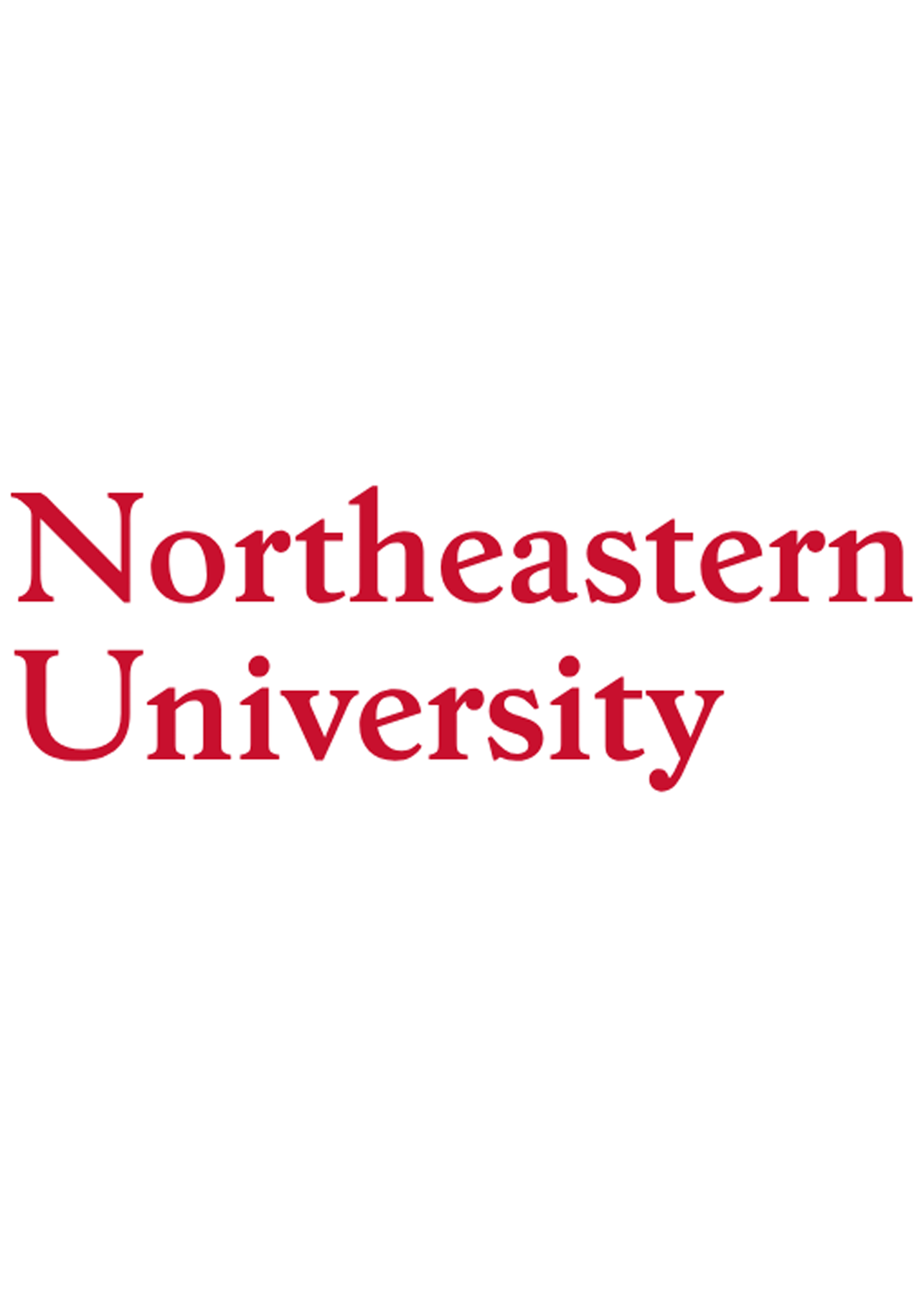
Northeastern University
Intelligent Score: 98.96In-state: $54,360
Out-of-state: $54,360
In-state: $25,264
Out-of-state: $25,264
SAT: 1410-1540
ACT: 33-35
$1,011
On-Campus,Online
New England Commission of Higher Education
32

University of Maryland
Intelligent Score: 98.36In-state: $8,824
Out-of-state: $34,936
In-state: $13,158
Out-of-state: $13,158
SAT: 1270-1480
ACT: 30-34
Resident: $386
Non-Resident: $842
On-Campus
Middle States Commission on Higher Education
30

Rutgers University
Intelligent Score: 98.14In-state: $12,230
Out-of-state: $29,012
In-state: $17,736
Out-of-state: $17,736
SAT: 1180-1410
ACT: 25-32
Resident: $826
Non-Resident: $1,405
On-Campus,Online
Middle States Commission on Higher Education
30

Florida International University
Intelligent Score: 96.50In-state: $4,721
Out-of-state: $16,529
In-state: $8,912
Out-of-state: $8,912
SAT: 1110-1260
ACT: 23-29
Resident: $455
Non-Resident: $1,001
On-Campus,Online
Southern Association of Colleges and Schools Commission on Colleges
36
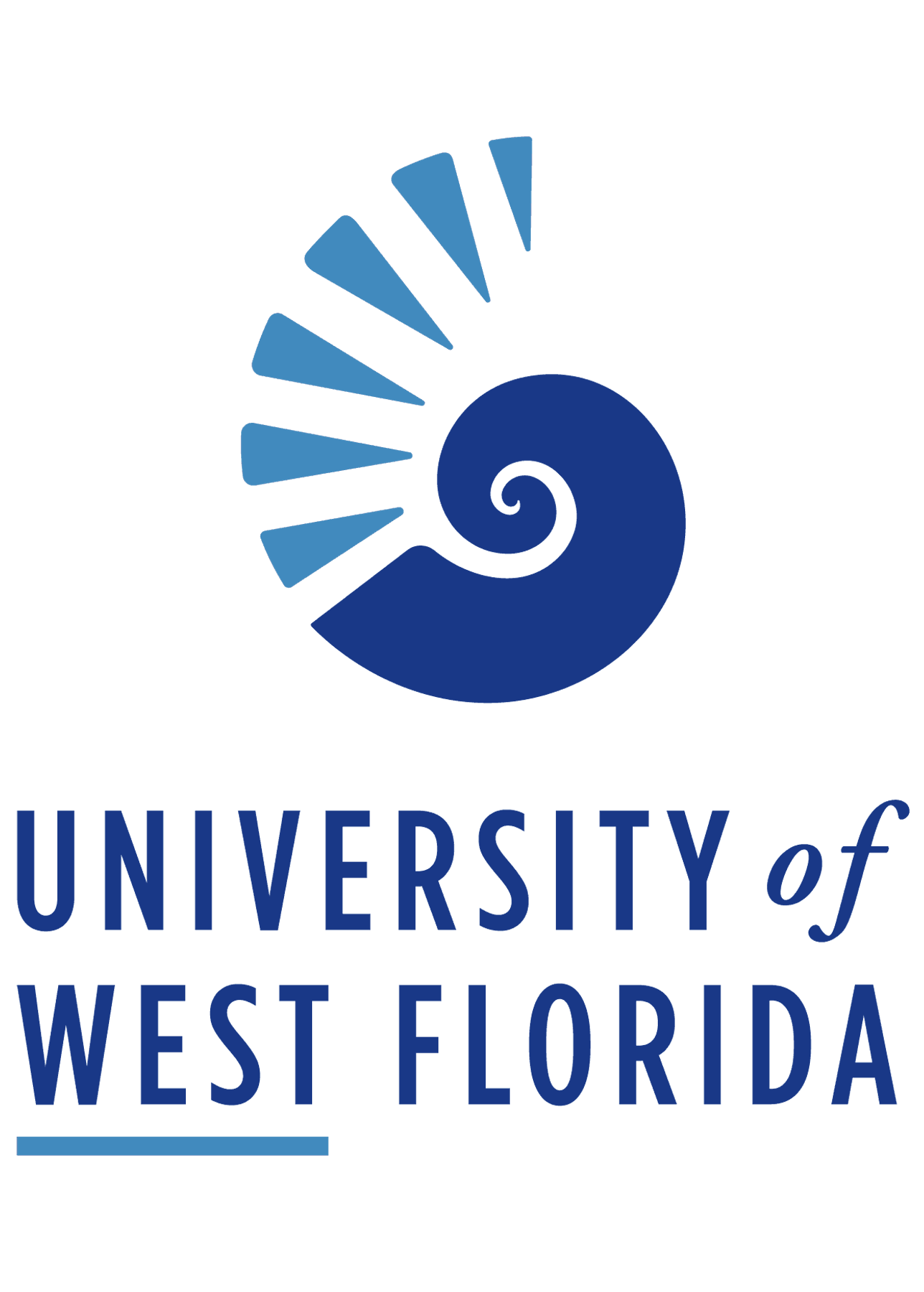
University of West Florida
Intelligent Score: 95.97In-state: $3,735
Out-of-state: $16,004
In-state: $7,088
Out-of-state: $7,088
SAT: 1060-1230
ACT: 21-27
Resident: $377
Non-Resident: $1,037
On-Campus
Southern Association of Colleges and Schools Commission on Colleges
33

East Carolina University
Intelligent Score: 95.16In-state: $4,452
Out-of-state: $20,729
In-state: $4,749
Out-of-state: $4,749
SAT: 1020-1170
ACT: 19-24
$263
On-Campus
Southern Association of Colleges and Schools Commission on Colleges
36
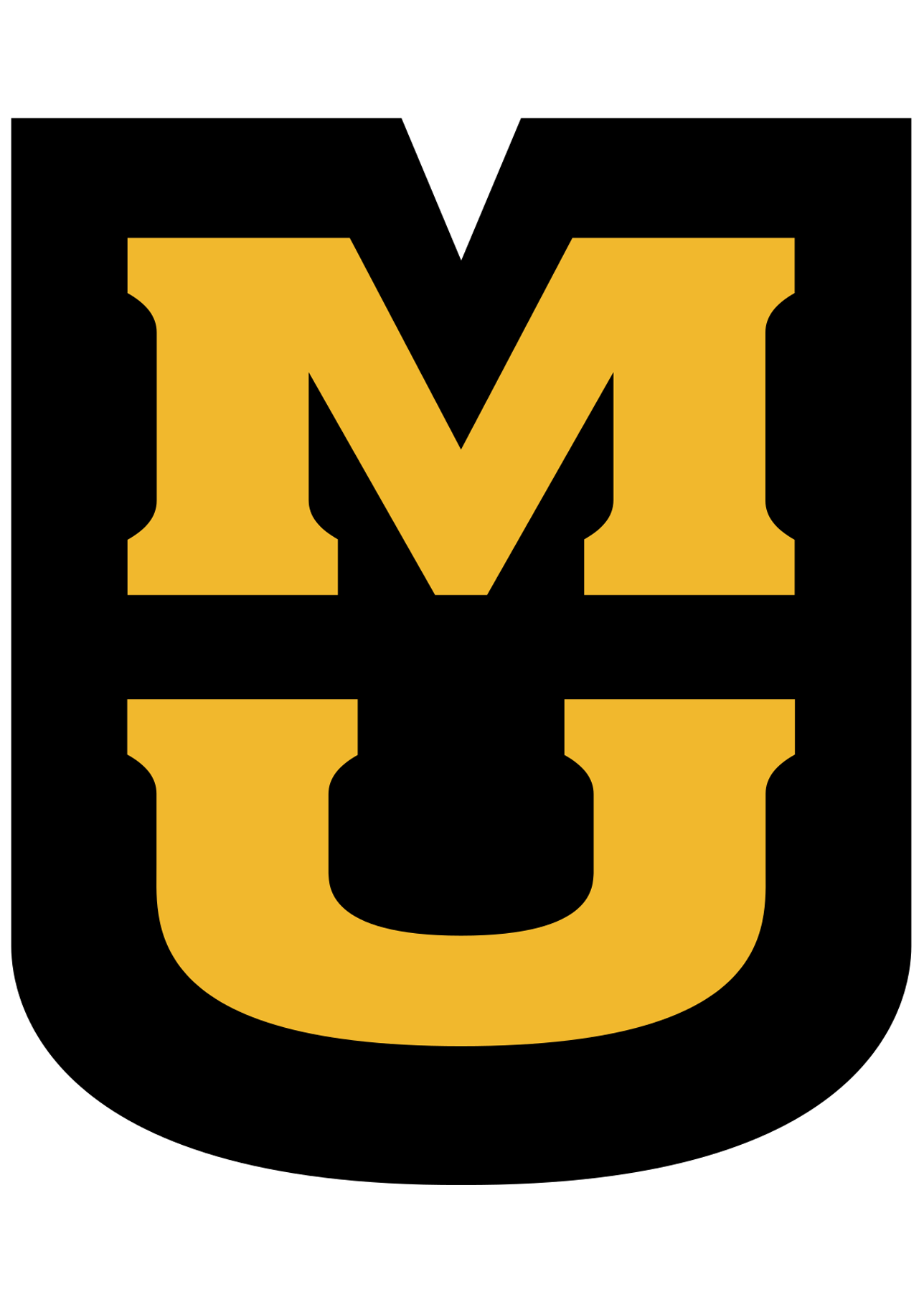
University of Missouri–St. Louis
Intelligent Score: 94.99In-state: $9,330
Out-of-state: $27,612
In-state: $9,478
Out-of-state: $9,478
SAT: 1110-1320
ACT: 23-29
Resident: $614
Non-Resident: $1,460
On-Campus
Higher Learning Commission
30
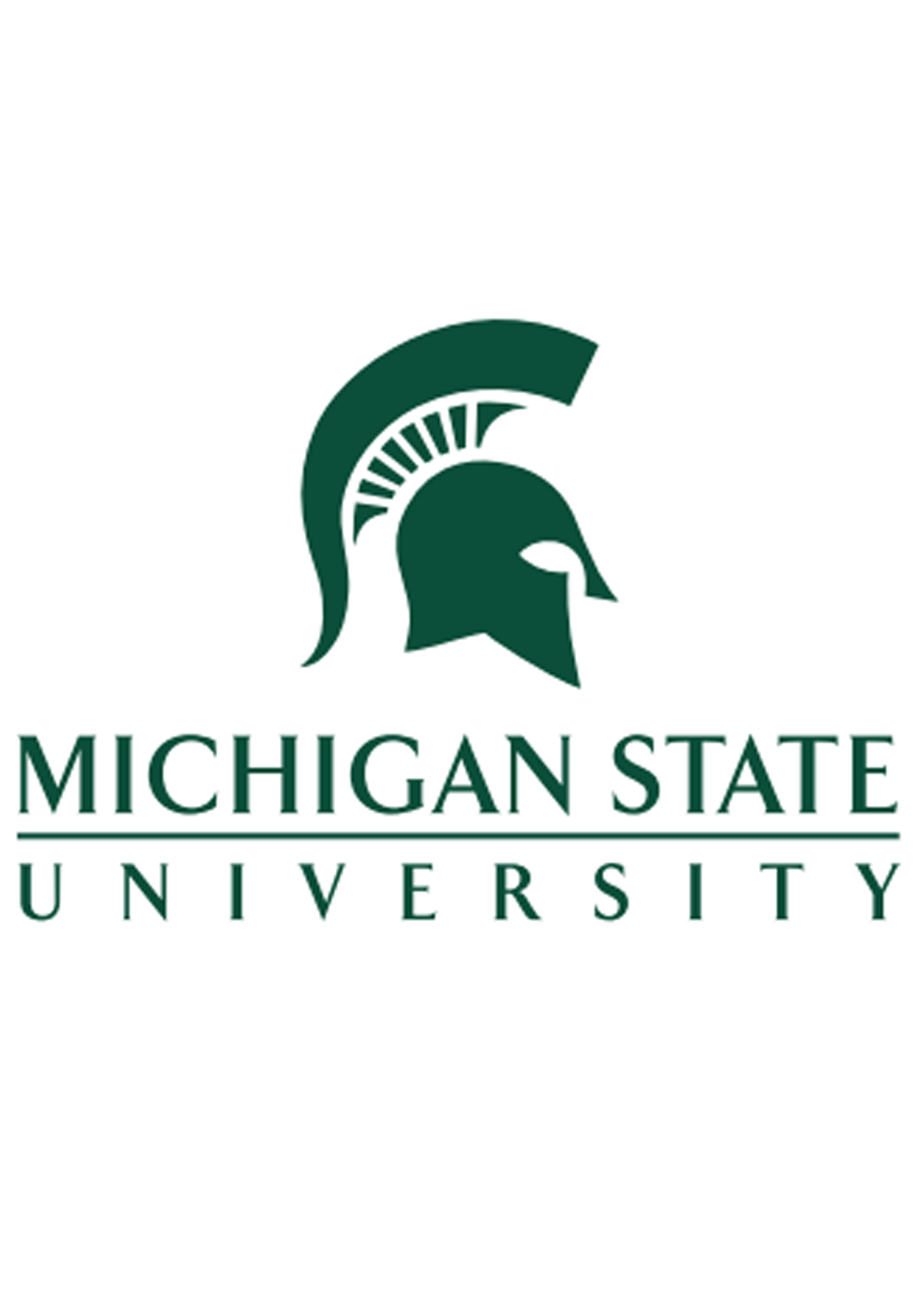
Michigan State University
Intelligent Score: 94.40In-state: $15,555
Out-of-state: $40,384
In-state: $18,858
Out-of-state: $18,858
SAT: 1100-1300
ACT: 23-29
In-State: $867 Out-Of-State: $1,703
On-Campus
Higher Learning Commission
30

University at Albany
Intelligent Score: 93.87In-state: $7,070
Out-of-state: $16,980
In-state: $11,310
Out-of-state: $11,310
SAT: 860-1060
ACT: N/A
Resident: $628
Non-Resident: $1,308
On-Campus
Middle States Commission on Higher Education
33

Sam Houston State University
Intelligent Score: 87.67In-state: $5,856
Out-of-state: $15,672
In-state: $5,765
Out-of-state: $5,765
SAT: 970-1120
ACT: 18-23
Resident: $320
Non-Resident: $728
On-Campus
Southern Association of Colleges and Schools Commission on Colleges
36
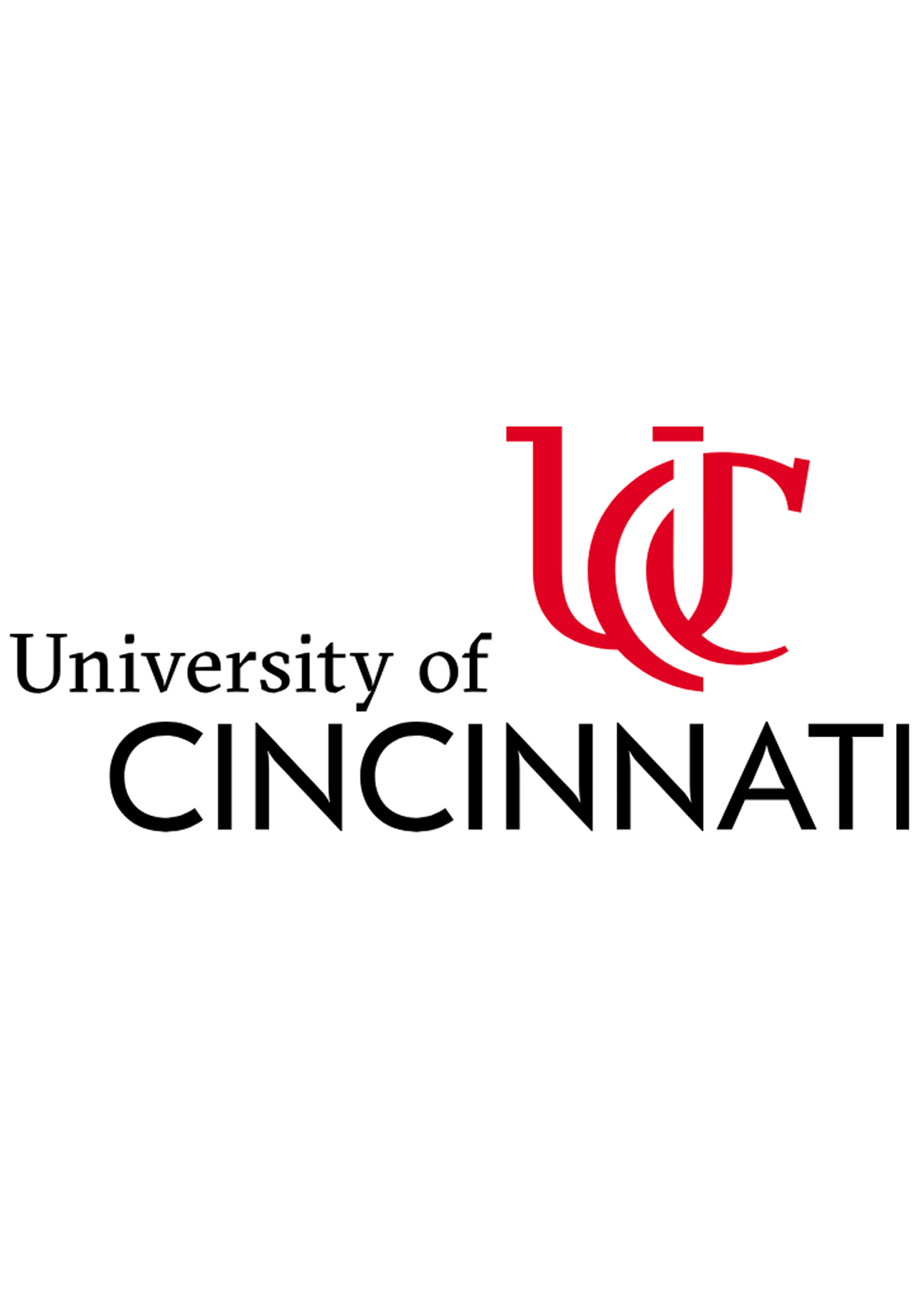
University of Cincinnati: Home
Intelligent Score: 87In-state: $9,723
Out-of-state: $25,057
In-state: $13,224
Out-of-state: $13,224
SAT: 1120-1330
ACT: 23-29
Resident: $753
Non-Resident: $1,605
On-Campus
Higher Learning Commission
30
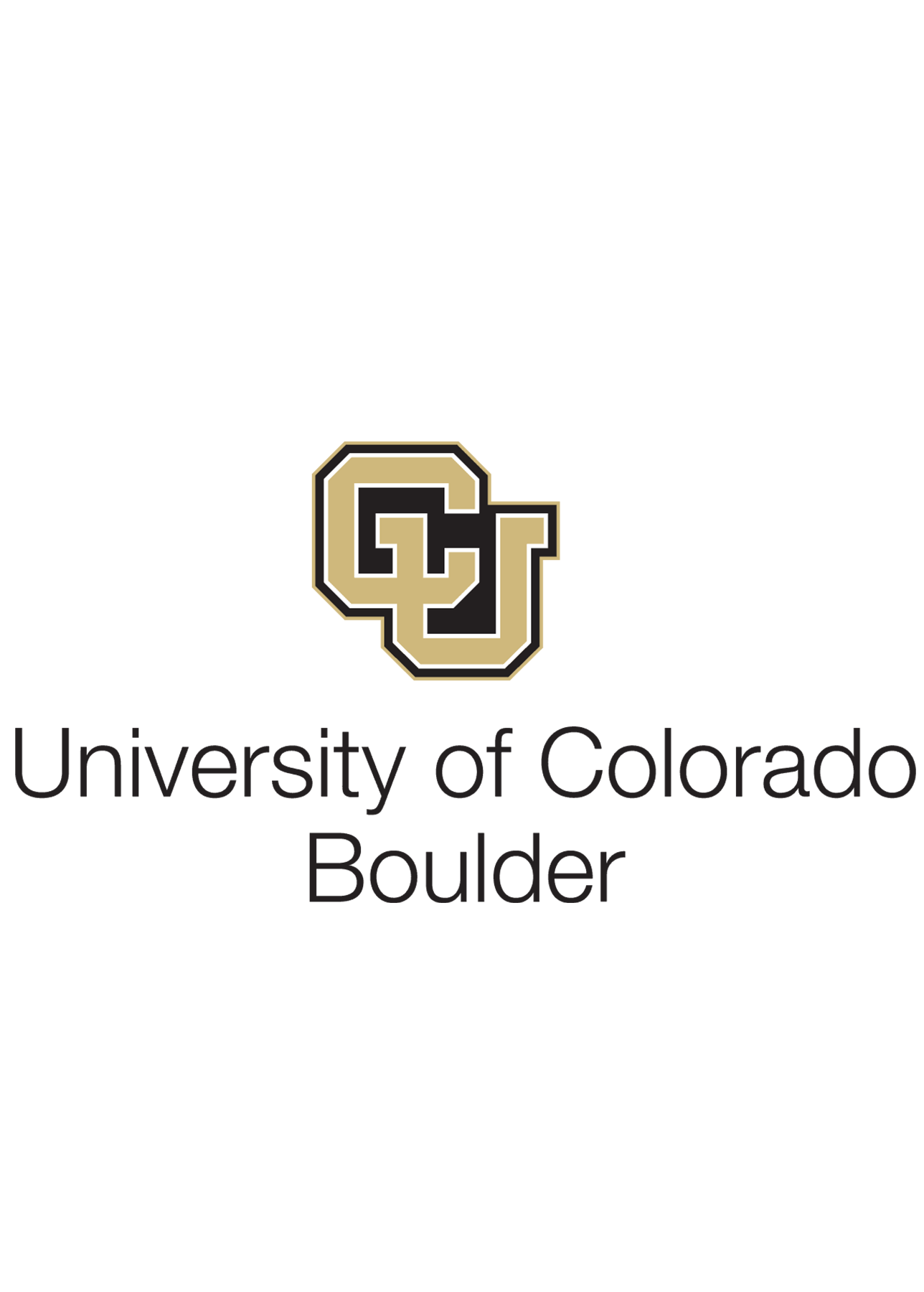
University of Colorado Denver
Intelligent Score: 86.18In-state: $10,728
Out-of-state: $34,930
In-state: $11,826
Out-of-state: $11,826
SAT: 1130-1350
ACT: 25-31
Resident: $595
Non-Resident: $1,400
On-Campus,Online
Higher Learning Commission
36

Georgia Southern University
Intelligent Score: 85.82In-state: $4,371
Out-of-state: $15,425
In-state: $4,986
Out-of-state: $4,986
SAT: 993-1170
ACT: 18-24
In-State: $554 Out-Of-State: $2,210
On-Campus,Online
Southern Association of Colleges and Schools Commission on Colleges
36
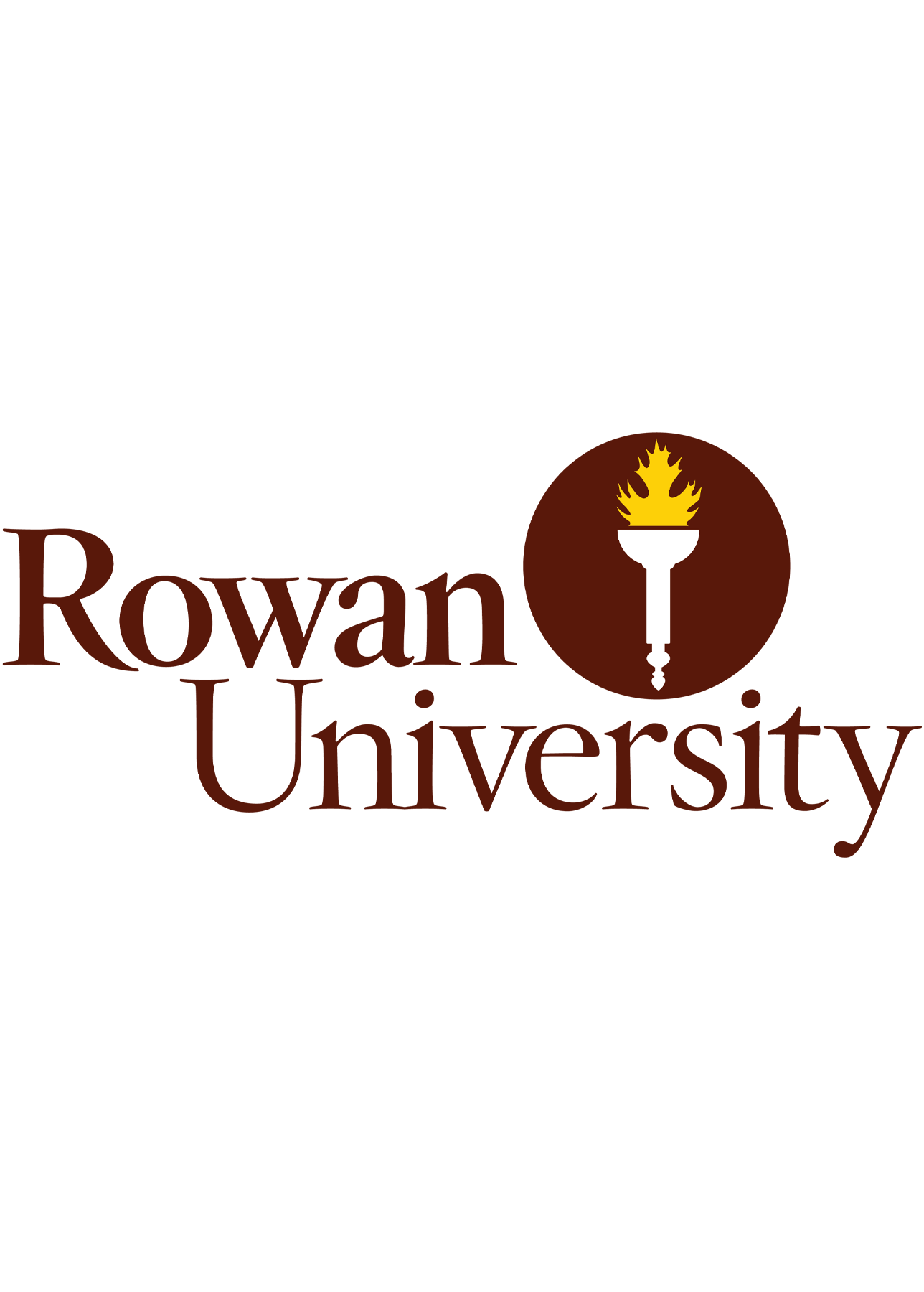
Rowan University
Intelligent Score: 85.47In-state: $9,573
Out-of-state: $18,605
In-state: $12,879
Out-of-state: $12,879
SAT: 1040-1250
ACT: 20-28
$798
On-Campus
Middle States Commission on Higher Education
30
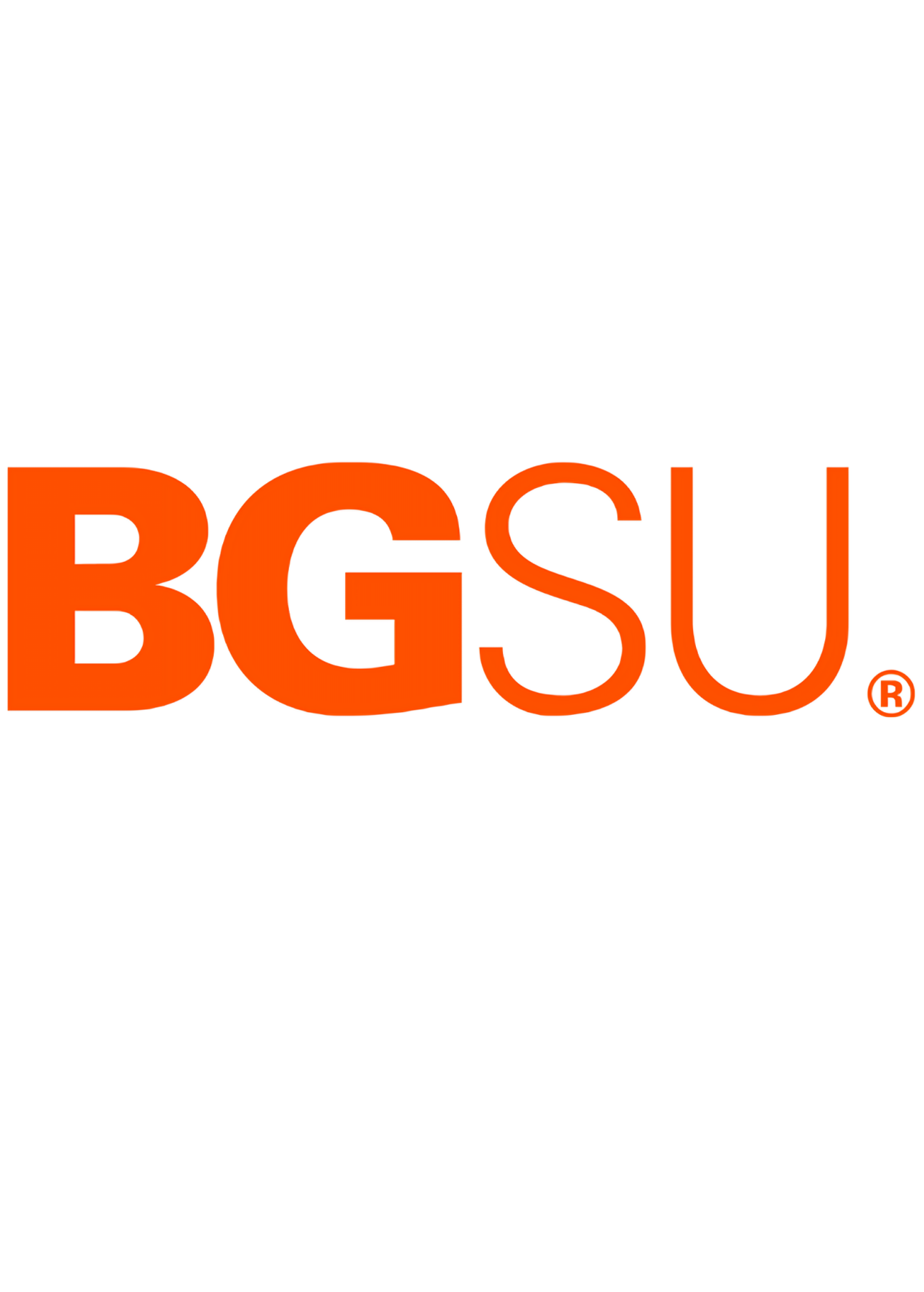
Bowling Green State University
Intelligent Score: 85.13In-state: $9,463
Out-of-state: $17,452
In-state: $8,017
Out-of-state: $8,017
SAT: 1020-1210
ACT: 20-26
Resident: $536
Non-Resident: $868
On-Campus,Online
Higher Learning Commission
33
How to Choose a Master’s in Criminal Justice Degree Program
Choose your area of study
Having a clear direction before you begin your studies is essential, as this will influence your program choice, class selection, and career pathway.
Concentrations include crime analysis, cybercrime, strategic management, public safety administration, and advanced counterterrorism. Most programs offer criminal justice as a specialization of a Master of Science or a Master of Arts degree.
As your personal and career goals become clear, it’s also important to consider your logistical needs, such as whether you can attend in-person full-time or part-time or utilize online or hybrid options.
Research schools and programs
As you research, focus on accredited institutions and programs to maximize your likelihood of achieving your career goals. Accredited institutions meet a high standard of academic quality and are recognized by employers and government agencies. Course credits from these programs are also more likely to transfer to another institution.
Research the school and faculty to understand the campus and school culture better. Visit the school or attend an in-person or virtual open house or information session.
Prepare for tests and applications
Application requirements for a master’s in criminal justice degree vary by program and institution, so it’s important to review the application process thoroughly. Common required materials are:
- School transcripts
- Graduation from a related bachelor’s degree program
- GRE and GMAT scores
- Letters of recommendation from internships or current employers
- Professional resume with relevant work experience
Most programs have an online admissions portal where you can upload most of your materials. However, some schools require the issuing institution to send your official transcripts directly and don’t accept an uploaded PDF. For the most accurate information, contact the admissions counselor or program coordinator.
Select your program
Your chosen program should align with your personal and career goals. Before making your final decision, review your needs and goals again. Ensure you’ve considered your logistics, lifestyle, and employment status.
You can also examine your learning style. Consider your biorhythm — do you learn better in the morning or at night? Would you like to work in a group or independently? Do you prefer lectures or hands-on applied learning? Use these factors to decide whether a synchronous, asynchronous, or hybrid learning program is a better fit.
Determine how you’ll pay for your degree
A final factor in program choice for many postgraduates is financing. Many employers offer tuition reimbursement programs to help advance their employees. These programs might have eligibility requirements based on your work performance or a written commitment to remain with the company after course completion.
Complete the Free Application for Federal Student Aid (FAFSA). Schools and programs use the results to determine your eligibility for funding options.
Research non-profit and community organizations that offer need or merit-based funding. Learn about their ethos and submit a letter detailing why you are a good candidate for funding and how your goals align with theirs.
What Can You Expect From a Master’s in Criminal Justice Degree Program?
Graduates of master’s in criminal justice programs can expect to develop high-level skills in communication, analysis, judicial studies, policing, and quantitative research. Students develop and apply criminological theories and leadership strategies that influence decision-making in the United States justice system.
While not standard in every program and specialization, research is a core component of most criminal justice programs. A research project or thesis typically accounts for a significant portion of the program.
Most programs require 30 to 40 credits in addition to your undergraduate studies. Some programs allow registrants to transfer up to 12 graduate credits, which can shorten the length of study. You can generally expect to complete the program in 12 to 18 months or at your own pace if you select a hybrid or online program.
Potential courses you’ll take in a criminal justice master’s program
- Policing and Corrections. Students learn an overview of the U.S. criminal justice system. This course focuses on the process of arrest, probation, and parole, alternatives to incarceration, and corrections issues.
- Research Design and Methods. Students learn the guidelines and processes to formulate research questions and testable hypotheses, data analysis strategies, and how to compile the information into a written report. This course also explores experiment design, data collection, and how to carry out surveys.
- Courts and the Judicial Process. This course explores the roles of criminal justice professionals in the judicial process. Students navigate procedural issues and challenges that move through the initial crime to the appeals phases and examine controversial court cases and inequalities within the judicial process.
- Ethical Leadership in Criminal Justice. Ethical leadership courses focus on students’ development of leadership qualities, with an emphasis on community involvement and strategic management as they relate to the criminal justice system and public safety. Students will address complex scenarios such as budgetary constraints and risk management.
- Assessing Organizational Performance. Students learn to assess an organization and evaluate its performance using applicable methods, data, and real-world scenarios. These techniques identify impactful factors, including the organization’s mission, goals, policies, and structure.
Master’s in Criminal Justice Degree Frequently Asked Questions
How do I apply to a criminal justice master's degree program?
To apply for a criminal justice master’s program, visit the school and program website. Be prepared to submit your test scores, transcripts, a completed application, and necessary fees. Some programs also request letters of recommendation or a personal essay.
Have your materials ready by uploading them to your desktop in PDF format. Most schools provide clear instructions on their application portals, and admissions counselors can answer any questions about the process.
How much does a criminal justice master's degree cost?
The average yearly cost of tuition and fees to complete a master’s program at a public institution is $12,596, and $28,017 at a private institution. This amount is in addition to your undergraduate degree. Some schools offer a fast-track program that combines the studies into a five-year program.
These expenses do not include housing, transportation, materials, or online access fees. Most schools also offer different tuition costs for out-of-state students. Before making your final decision, confirm all the associated program fees with the admissions advisor.
How long does it take to earn a criminal justice master's degree?
It can take between 12 and 18 months to complete a 36-credit criminal justice master’s degree program. Factors that influence the program length include:
- Online vs. in-person programs
- Part-time vs. full-time attendance
- Transferable credits
It’s important to note that this program length only pertains to the master’s portion of your studies. Most programs list an undergraduate degree in arts or sciences as a prerequisite for their master’s in criminal justice program.

